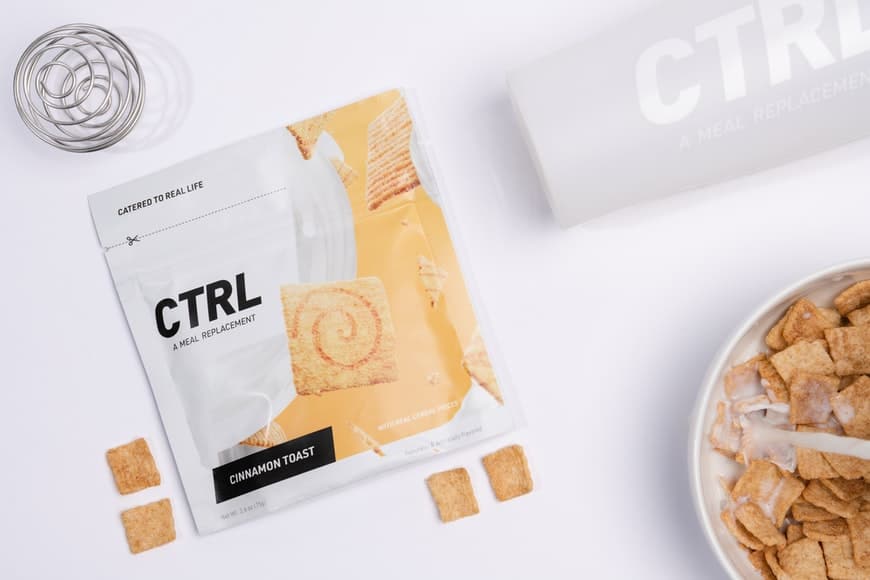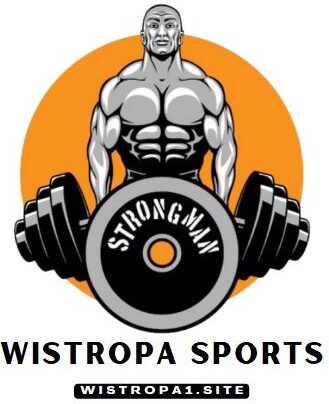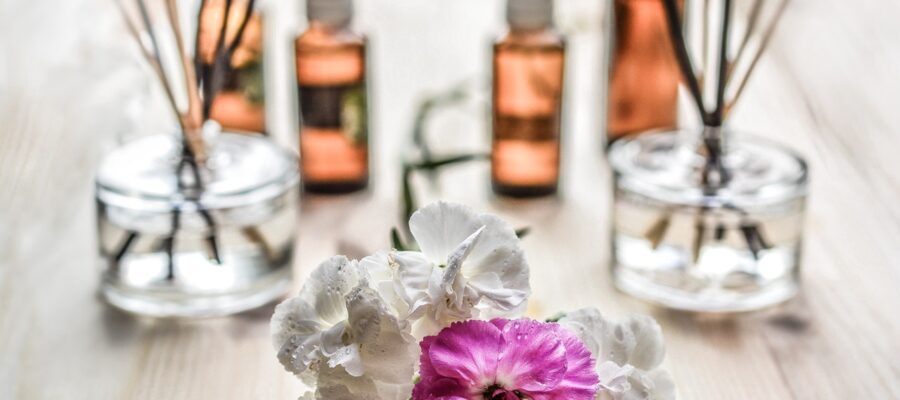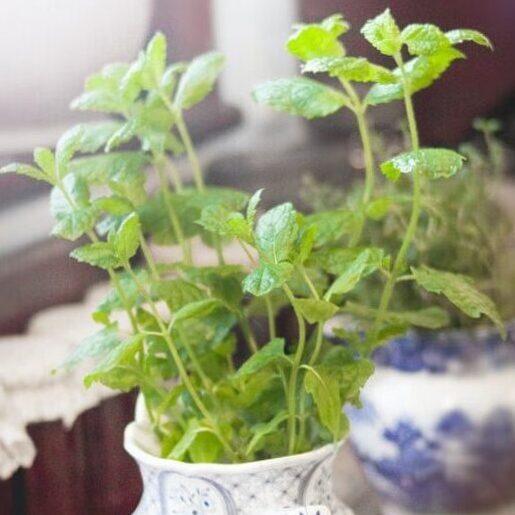THE The remedies of the plants were used for various purposesranging from the purification of the blood (Mouron des Oiseux) to the relief of congestion (white sage). These remedies were effective and resisted the time test.
However, with The advent of technology and the massive influence of pharmaceutical companiesThere is a pill practically for all the evils that can be thought.
Very often, these pills only treat the symptoms, without dealing with the deep cause. Therefore, the problems are repeated.
Vegetable medicine is holistic by nature and solves the problem with the source.
1. What is plants medicine?
Plants medicine is made up of Use herbs and plant foods to improve health and treat physical problems. Knowledge of herbalism is necessary to make the most of this traditional practice.
Herbs It can be used in your kitchen or infusion in the form of tea. It all depends on the type of herbs you use. Some herbs can be transformed into an ointment to treat burns, bites, etc.
The preparation of a herbal tea is quite simple. But making an ointment or ointment is a little more delicate. You will have to use an oil and make it infuse with herbs by heating it in a slow pot.
It is better to study this process well before trying it.
3. Are they without danger?
Almost all herbs are safeBut individuals are different. Some people can be allergic or have side effects when they consume some of these herbs. IDominique, you should talk about it with your doctor before trying a herbal tea, etc.
At the beginning, consume in small quantities. If not known side effects, you can consume more. The possible repercussions will therefore be less serious.
However, don’t worry, Medicinal plants are natural remedies and most people can only benefit. Only a very small minority will notice allergies/side effects.
4. Which plants should I use?
It all depends on your goals. If you want to strengthen your health, you can consume Asian Ginseng. To treat insomnia or anxiety, Kava-Kava and Valerian do wonders.
The grass you use must face the health problem you are facing. The specificity is essential to effectively tackle the problem. (For example, drink peppermint tea if you have digestion problems).
For general health, you can simply Prepare a different herbal tea every day and sip it. This will allow you to obtain a variety of benefits from different plants. You can also drink drinks like Kombucha, which is a fermented drink with many health benefits. Learn in this article how many Kombucha drinks a day.
5. Can I cultivate my herbs?
Oui, you can if you know how to do. If you have a green hand, your herbs will bloom and you won’t need to buy your herbs. This will save you long -term money.
6. Do I have to use organic herbs?
Generally, Organic food costs more. AND You have the budget to do it, always opt for staff. If you don’t have it, the usual herbs will make makeup.
If you cultivate your herbs, you can use a good land and grow organically. Having a garden of aromatic herbs is a fantastic means to always have a supply of organic aromatic herbs.
7. Is it prudent to choose my herbs?
Yes … but again, You must have a good knowledge of the wild collection to correctly identify plants. There are toxic plants! Prudence is essential.
Always leave some herbs behind you so that others can push. When you choose herbs, Make sure you are a certain distance from the main roadsetc. Exhaust gases, outflow and other pollutants can have a negative effect on herbs that grow close to a large number of vehicles.
In short, vegetable medicine is not complicated. You just have to do some research to process a list of plants and herbs that can improve your health or face your problems.
So, it’s about getting herbs and using them in herbal teas or cooking. It is an interesting and fun process … and you will draw many advantages for your health, if you are an integral part of your life.
Conclusion
For centuries, plant-based remedies have played a fundamental role in human health and well-being. From ancient civilizations to modern herbal practices, natural treatments like Mouron des Oiseaux for blood purification or white sage for congestion relief have proven their effectiveness through consistent use over time. These remedies not only offered relief from physical ailments but also reflected a deep connection between humans and nature—a relationship built on observation, tradition, and trust in the healing power of plants.
What makes these natural solutions so valuable is their resilience across generations. Unlike synthetic medications that often come with side effects or require constant innovation, many plant-based treatments have stood the test of time, proving their efficacy and safety when used properly. Their continued relevance today is not just a nostalgic return to ancient practices, but a recognition of the power of simplicity and natural balance.
In our modern world, where chemical-based solutions dominate, revisiting plant remedies offers not just an alternative, but often a complementary approach to health. They remind us of the value of natural elements in restoring harmony within the body and mind. Furthermore, as interest in sustainable and holistic lifestyles grows, the importance of preserving this ancient knowledge becomes even more urgent.
In conclusion, the remedies derived from plants are more than just old traditions—they are enduring solutions rooted in nature’s intelligence. By honoring and integrating them into contemporary wellness routines, we not only promote personal health but also contribute to a more sustainable and harmonious relationship with the environment. The wisdom of plants, preserved through time, continues to offer healing for those willing to listen.
latest posts published

Do difficult things!

Does yoga start alone, at home, good or bad idea?

Connected watches: take off!

How to alleviate and avoid them

How to lose your thighs? Exercises, suggestions and nutrition

Remote to sport in winter, the light track!

Solutions, exercises and suggestions to help you!

Substitutes of meals: real slimming allies?

Dry January: Return of experience!



